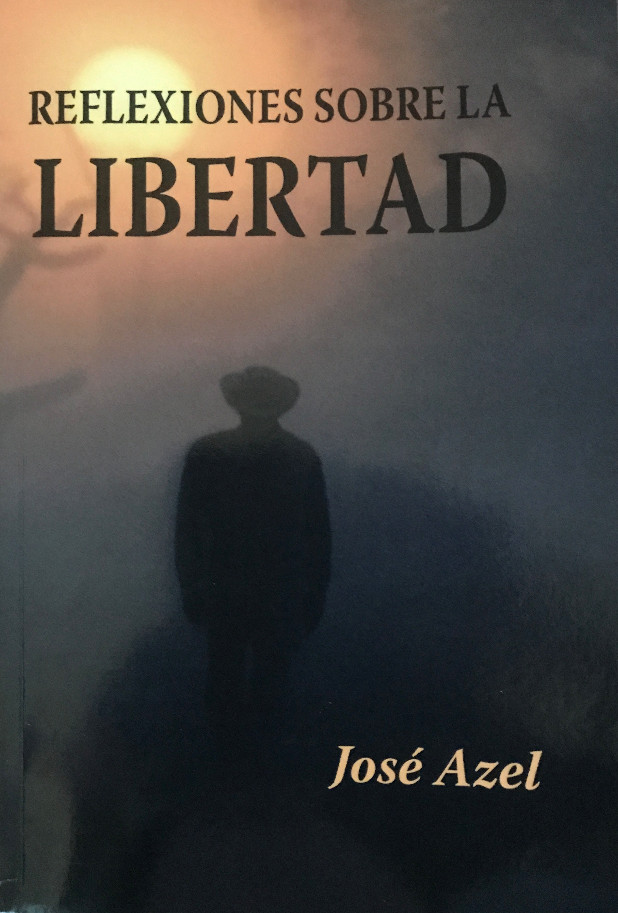As a bonus for this reader, the book introduced me to Mongolia, a country that has escaped my research and travel interests. In this column, I will borrow Dr. Sabloff’s analysis of the changing ideas of democracy and capitalism as Mongolians forsake socialism and seek to implement democracy and capitalism. I believe her conclusions may be applicable to Cuba if it undergoes a similar transition sometime in the future.
Her years of anthropological research in Mongolia led Sabloff to conclude that “…once democracy is institutionalized, people no longer consider it a goal or an end in itself. Instead, they see [democracy] as a means to an end. They believe that democracy will better enable them to align their deeply held values and personal goals with the lifestyle they desire than other forms of government, particularly communism.”
In other words, people define democracy in terms of “what they think democracy will do for them.” Sabloff argues that although many people around the world want democracy, not everyone wants the same kind of democracy.
For example, when asked: What is democracy about?, the subjects she interviewed would instead provide an answer to the question: What is democracy for? That is, the interviewees concern and answers focused on how democratic governance would affect their way of life. I suspect this would be the same genre of responses we would get if we were to ask these questions in a Cuba in transition.
Dr. Sabloff analyses Mongolian democracy in terms of five subdomains: human rights, political freedom, economic freedom, responsibilities of the government and duties of citizens. Thus, it is necessary here to make a distinction between freedom and democracy.
We often use these terms interchangeably equating liberty with democracy. Sabloff’s interviewees surely did. Our modern conception of liberty, a product of the Enlightenment, asserts that as individuals we have rights that are universal. These rights do not depend on membership in a community or in government. We are born free, and we institute governments to protect our freedoms.
The United States was born as a republic, not a democracy and our constitution was designed to advance liberty not democracy. The Framers sought to protect individual rights from encroachment by government and by fellow citizens. The Constitution’s intent was to govern the government, not the people.
I suspect most of us are surprised to learn that the word “democracy” was deliberately avoided by the Framers and does not appear in the Declaration of Independence or in the Constitution. The Founding Fathers were deeply concerned with the problems inherent in a tyranny of the majority and went to great lengths to design a federal government not based on the will of the majority.
It takes time for a democratic culture to develop following non-democratic governments as would be the case in Cuba. An important reminder is that even if nations are moving from socialism to capitalism, they are not necessarily changing from totalitarian rule to democratic rule. And, as Sabloff points out, Mongolians needed help to “transition from seeing themselves as serving the government (as they did under socialism) to seeing government as serving the people (as people do in a democracy).”
One troubling observation of the study is that Mongolians were more focused on the rights of citizenship than on the activities necessary to sustain democratic governance. Sabloff suggests that Mongolians care about their freedoms, but are not particularly interested in active citizenship. Mongolians showed an indifference towards fulfilling the duties of citizenship.
Sadly, I fear this is what some future analyst will observe in Cuba; a politically disinterested population that “just wants to be left alone to figure out how to survive in a capitalist economy.”
Please let us know if you  this article. this article. |
|












No comments:
Post a Comment